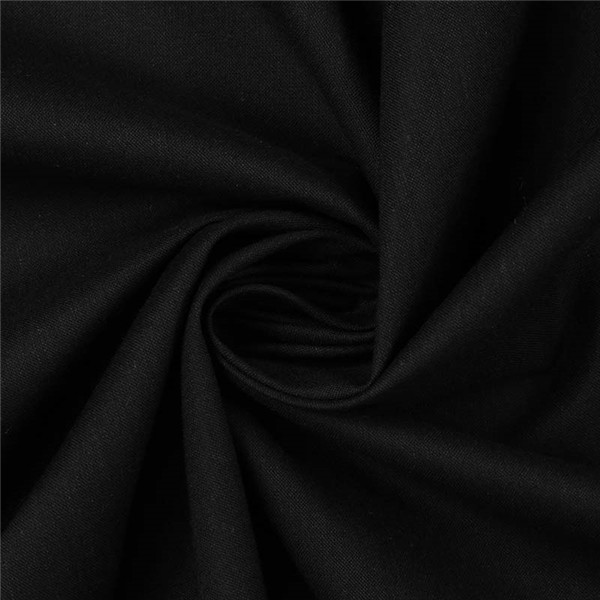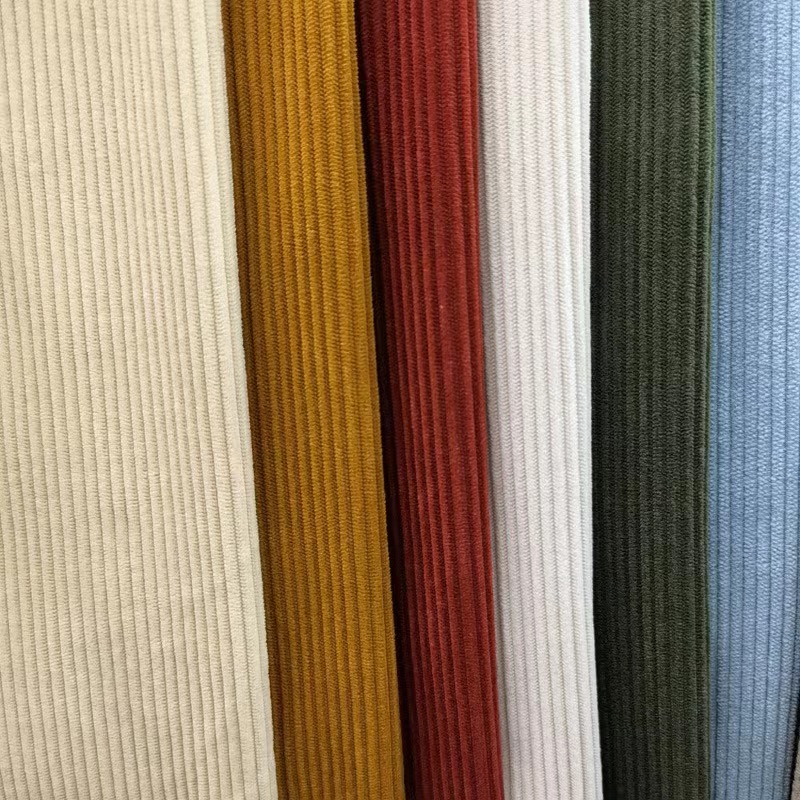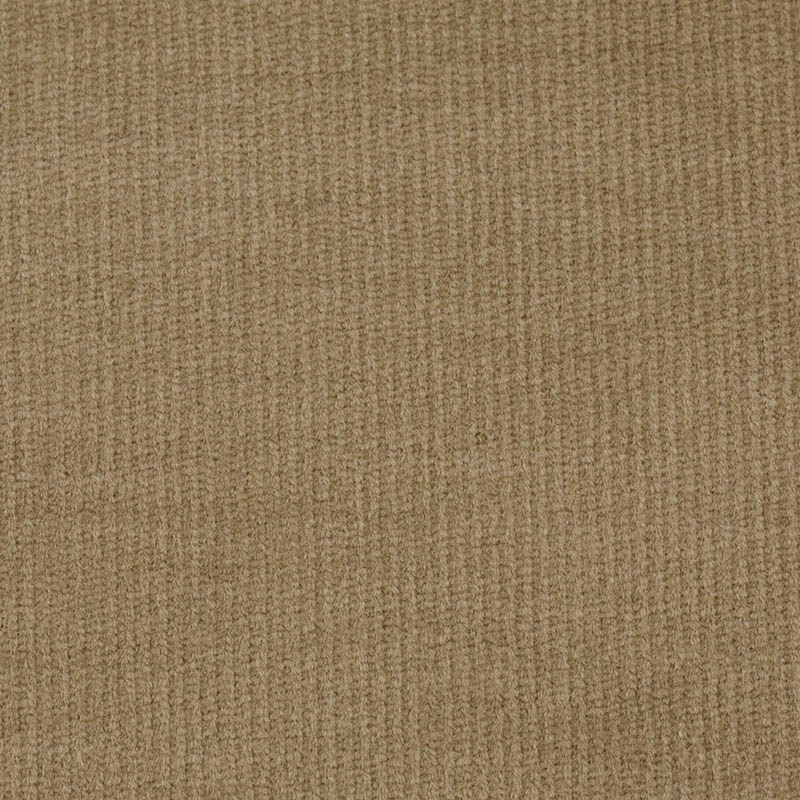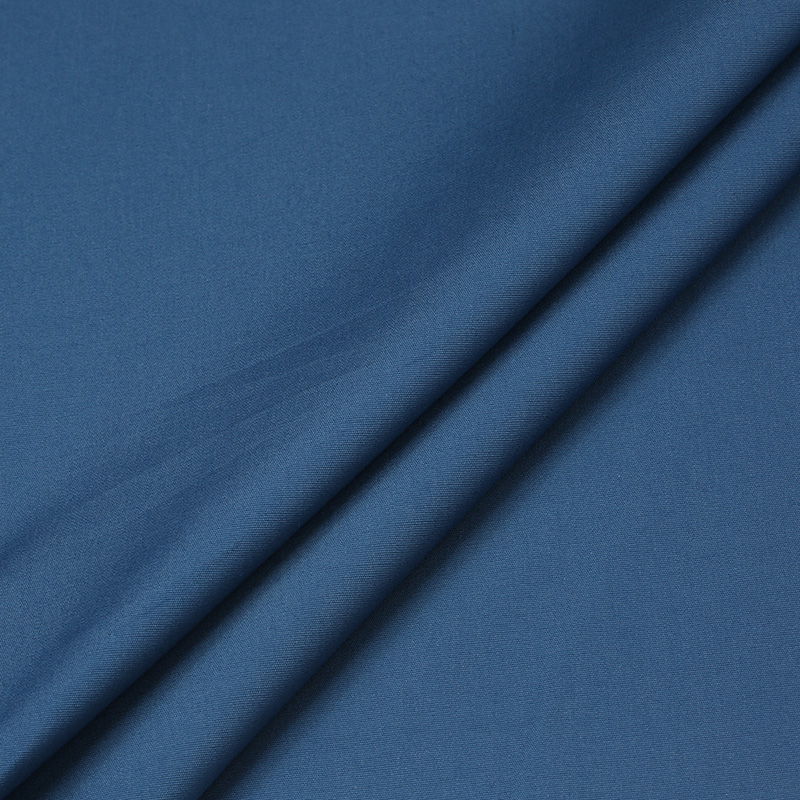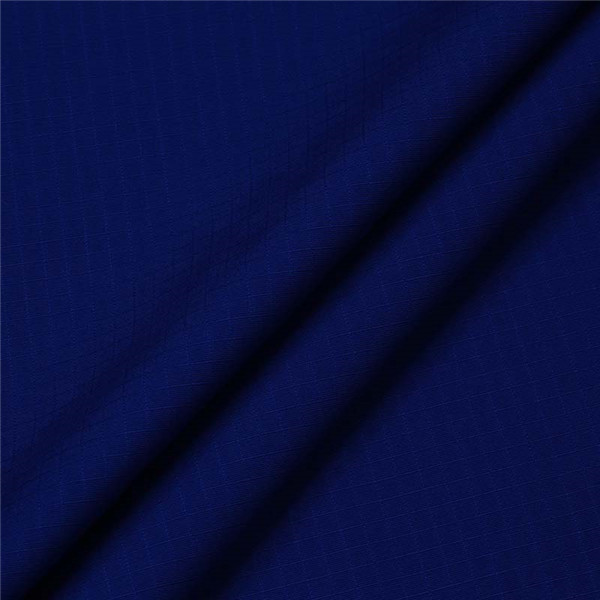Newly Arrival Water Repellent Upholstery Fabric - 70% cotton 30% Polyester Dobby 108*90/JC40*40 coolmax wicking and quick dry fabric for shirts,casual garments, outdoor garments – Xiang Kuan
Newly Arrival Water Repellent Upholstery Fabric - 70% cotton 30% Polyester Dobby 108*90/JC40*40 coolmax wicking and quick dry fabric for shirts,casual garments, outdoor garments – Xiang Kuan Detail:
| Art No. | MCM4280Z |
| Composition | 70%Cotton30%Polyester |
| Yarn Count | 40*40coolmax |
| Density | 108*90 |
| Full Width | 56/57″ |
| Weave | Dobby |
| Weight | 130g/㎡ |
| Finish | coolmax, wicking and quick dry |
| Fabric Characteristics | comfortable, smooth hand feel,Breathable, wicking and dry |
| Available Color | Navy etc. |
| Width Instruction | Edge-to-edge |
| Density Instruction | Finished Fabric Density |
| Delivery Port | Any port in China |
| Sample Swatches | Available |
| Packing | Rolls, fabrics length less than 30 yards are not acceptable. |
| Min order quantity | 5000 meter per color,5000 meter per order |
| Production Time | 25-30days |
| Supply Ability | 300,000 meters per month |
| End Use | Shirts,kid Garments,Outdoor garments etc. |
| Payment Terms | T/T in advance, LC at sight. |
| Shipment Terms | FOB, CRF and CIF, etc. |
Fabric Inspection:
This fabric can meet GB/T standard, ISO standard, JIS standard, US standard. All the fabrics will be 100 percent inspected before shipment according to American four point system standard.
What is COOLMAX fabric?
COOLMAX is a specially engineered type of polyester exclusively produced by Invista, an American textile corporation. This polyester fabric consists of fibers that are carefully engineered to wick moisture and allow the passage of heat. COOLMAX fabric has a variety of potential applications, and it is a popular material for socks, jeans, and other types of apparel. While there are other fabrics with similar attributes to this engineered textile, COOLMAX is the sole trademark of Invista.
How does COOLMAX fabric impact the environment?
The measures Invista has taken to produce COOLMAX EcoMade fibers somewhat mitigate the environmental impact of this polyester fiber, but the remaining four products within the COOLMAX line have a decidedly negative impact on the environment. The production of COOLMAX fibers involves formaldehyde, which is a potent neurotoxin. Additionally, all types of polyester are unsustainable since they are made using fossil fuels.
While in use, COOLMAX fabrics contribute to microfiber pollution, and polyester fabrics like COOLMAX do not biodegrade when discarded. While COOLMAX EcoMade fibers address the issue of fossil fuel use in polyester production and initially reduce plastic pollution, these fibers are still made using formaldehyde, they contribute to microfiber pollution, and they inevitably contribute to plastic pollution when discarded.
Product detail pictures:
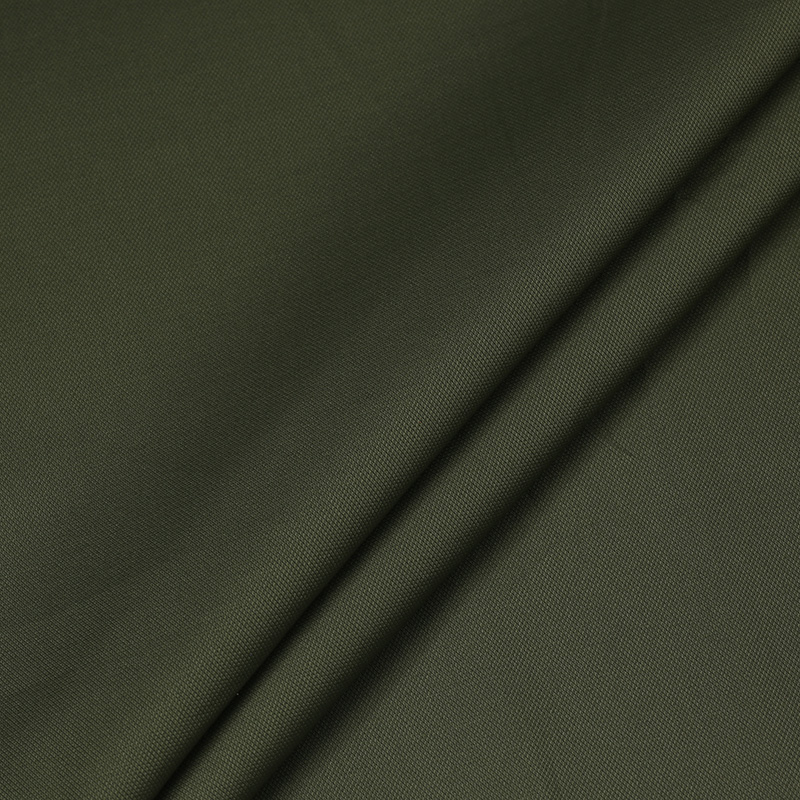
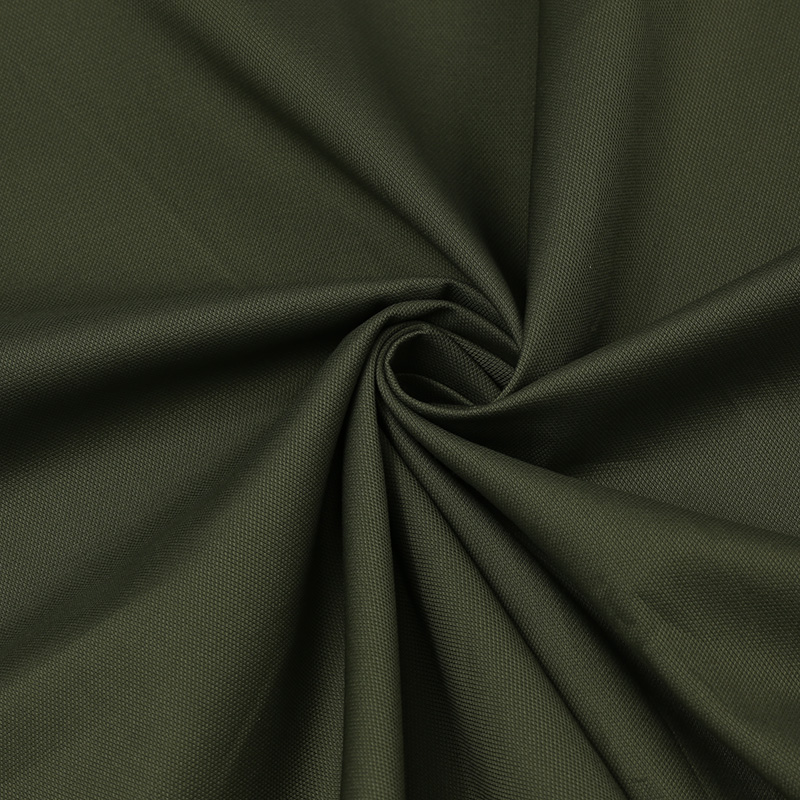
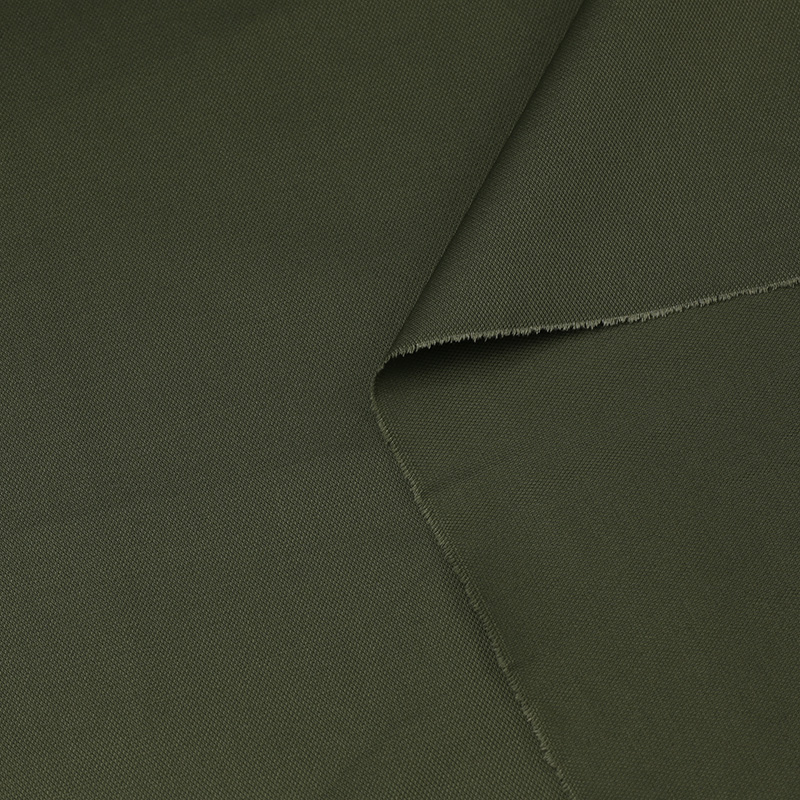
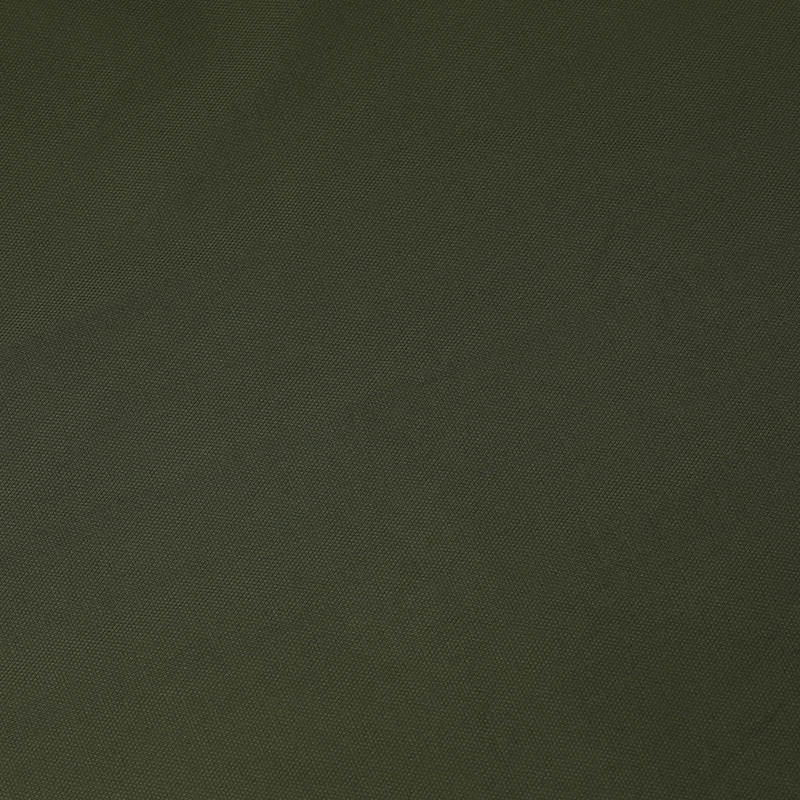
Related Product Guide:
We stick to the principle of "quality first, service first, continuous improvement and innovation to meet the customers" for the management and "zero defect, zero complaints" as the quality objective. To perfect our service, we provide the products with the good quality at the reasonable price for Newly Arrival Water Repellent Upholstery Fabric - 70% cotton 30% Polyester Dobby 108*90/JC40*40 coolmax wicking and quick dry fabric for shirts,casual garments, outdoor garments – Xiang Kuan , The product will supply to all over the world, such as: Croatia, Jakarta, Canberra, Since the establishment of our company, we've realized the importance of providing good quality goods and the best before-sales and after-sales services. Most problems between global suppliers and clients are due to poor communication. Culturally, suppliers can be reluctant to question points they do not understand. We break down these barriers to ensure you get what you want to the level you expect, when you want it.
The factory technical staff gave us a lot of good advice in the cooperation process, this is very good, we are very grateful.

